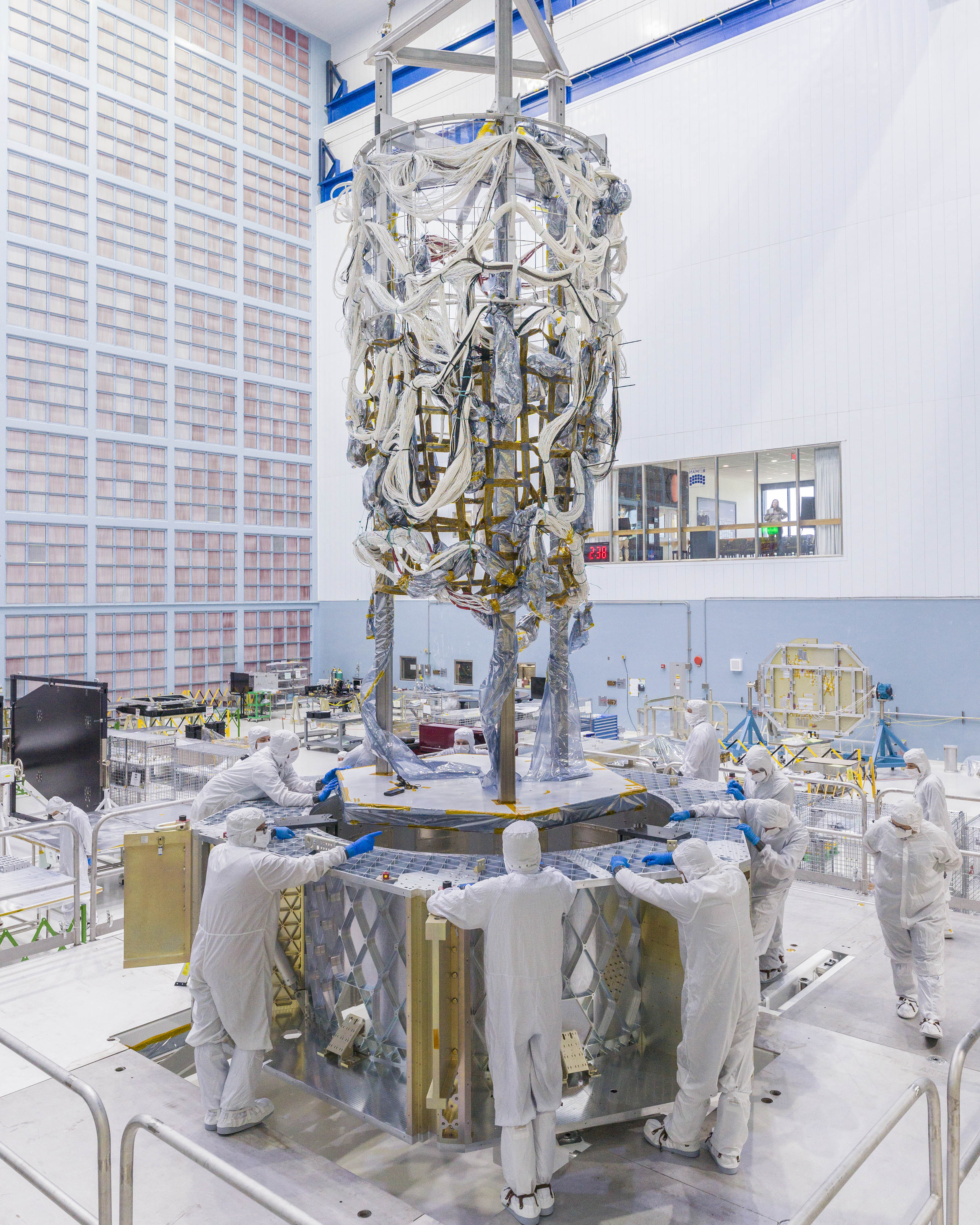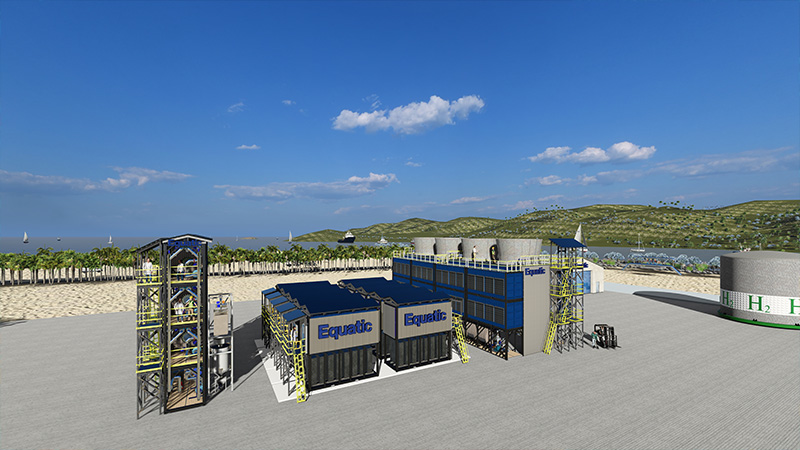The startup Caldera has been awarded £4.3m to develop industrial heat cells using recycled aluminum and volcanic rock.
Founded in 2018, Caldera initially targets domestic heating with its Warmstone heat battery. The startup is turning to industrial heat and looking to scale up its technology. Caldera has won the Department for Energy Security & Net Zero’s Industrial Fuel Switching Competition and awarded £4.3m, which will be used to build a full-scale, industrial-size demonstrator at its Southampton site.
The company uses scrap aluminum, which is cheap and abundant. Each heat cell contains a novel mixture of aluminum and either basalt or granite.
By combining natural resources, the company claims that it can create a ‘thermal super material’ that heats up phenomenally well. It not only can be stored in that heat for hours but is also ready to be released when required.
Help to Strengthen Industrial Processes in the UK
As British industry is a major user of heat, and industrial steam makes up 31 percent of the UK’s total industrial heat requirement, such as pharmaceuticals, food manufacturing, and brewing. Normally, this is provided by steam boilers that burn gas or oil.
On the other hand, Caldera’s electric storage boiler will comprise multiple cells that are heated by off-peak renewables and on-site generation.
Each heat cell includes a solid core of aluminum-rock composite covered in vacuum insulation, which can store heat at temperatures from 200C to 500C. As a result, the company can offer high-pressure steam, hot water, hot air, or thermal oil.
Advantages of Volcanic Rock and Scrap Metal combo
The volcanic rock and scrap metal combo behaves similarly to high-performance concrete, but with a much higher thermal take-up, it can deliver heat 50 times more quickly than concrete addition, it is also resistant to stress at high temperatures as it does not crack when thermally stressed like concrete.
The Caldera electric storage boiler will use intelligent circuitry to allow smart switching from grid to solar or other low-carbon sources. Each heat storage unit will consist of ten solid heat cells, each of which can store 200kWh, offering a total of 2MWh storage. Moreover, these modular units can be scaled up to deliver as much capacity as needed.







